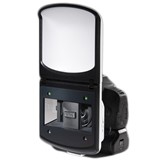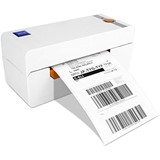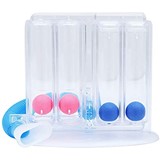In a paper published in the Berkeley Electronic (BE) Journal of Economic Policy and Analysis the researchers (Munirul, Vijay, Aaron and Pasquale) throw doubt on the claims by governments that the introduction of generics really does benefit consumers.
Lead researcher Dr Munirul Nabin said governments generally argued that simplifying the entry process for generic drugs increased competition in the pharmaceutical sector, causing prices to fall.
"However a number of studies have shown that prices of branded drugs actually increases after generic drugs enter a market — an effect economists call the Generic Competition Paradox," he said.
Dr Nabin said economists theorised there were a number of reasons why the phenomena occurred, including doctors preferring to prescribe branded drugs over generics and doctors referring patients who didn't have health insurance to generic drugs, however Deakin's analysis based on data from Canada revealed another explanation.
"It is not 'generic drugs versus branded drugs' that is the issue, but whether the generic drugs are therapeutically equivalent to the branded variety, that is the factor," he said.
Dr Nabin said put simply both generic and branded drugs had two types of ingredients — active and inactive.
"In Australia and elsewhere the active ingredient in both the branded and the generic has to be biologically equivalent and there are regulatory criteria around this," he said.
"However the inactive ingredient in the branded and generic versions can differ.
"They may have different release mechanisms, dyes, pH adjusters and different salt combinations, all of which affect the stability and performance of the drug and consequently its effect on the patient.
"This nuance is well-known in the medical community but there is a growing body of medical evidence which suggests that just because a drug is biologically equivalent, it does not make it therapeutically equivalent and thus interchangeable."
Dr Nabin said medical researchers had highlighted issues with generics, particularly for patients suffering severe illnesses such as epilepsy and depression.
"Anti-epileptic drugs and some psychotherapeutic drugs exhibit a narrow therapeutic index which makes it difficult for doctors and patients to substitute between the two varieties of drugs," he said.
"Because of this the price of branded drugs is likely to rise after the generic drugs enter a market, not fall.
"To overcome this governments need to segregate drugs into their drug class when considering the effect of generic entry on price.
"If they don't they may find their health costs go up because the efficacy of the drug is not the same and more money is spent retreating patients as side-effects increase."





-160x160-state_article-rel-cat.png)



















